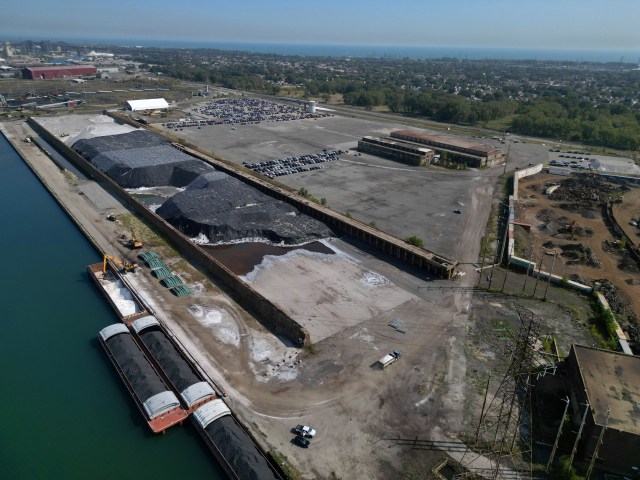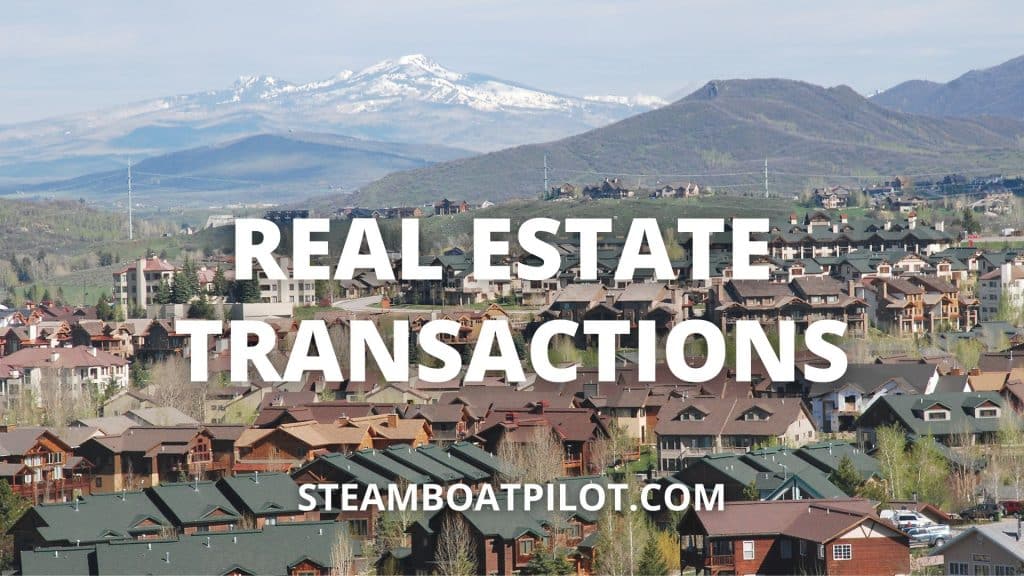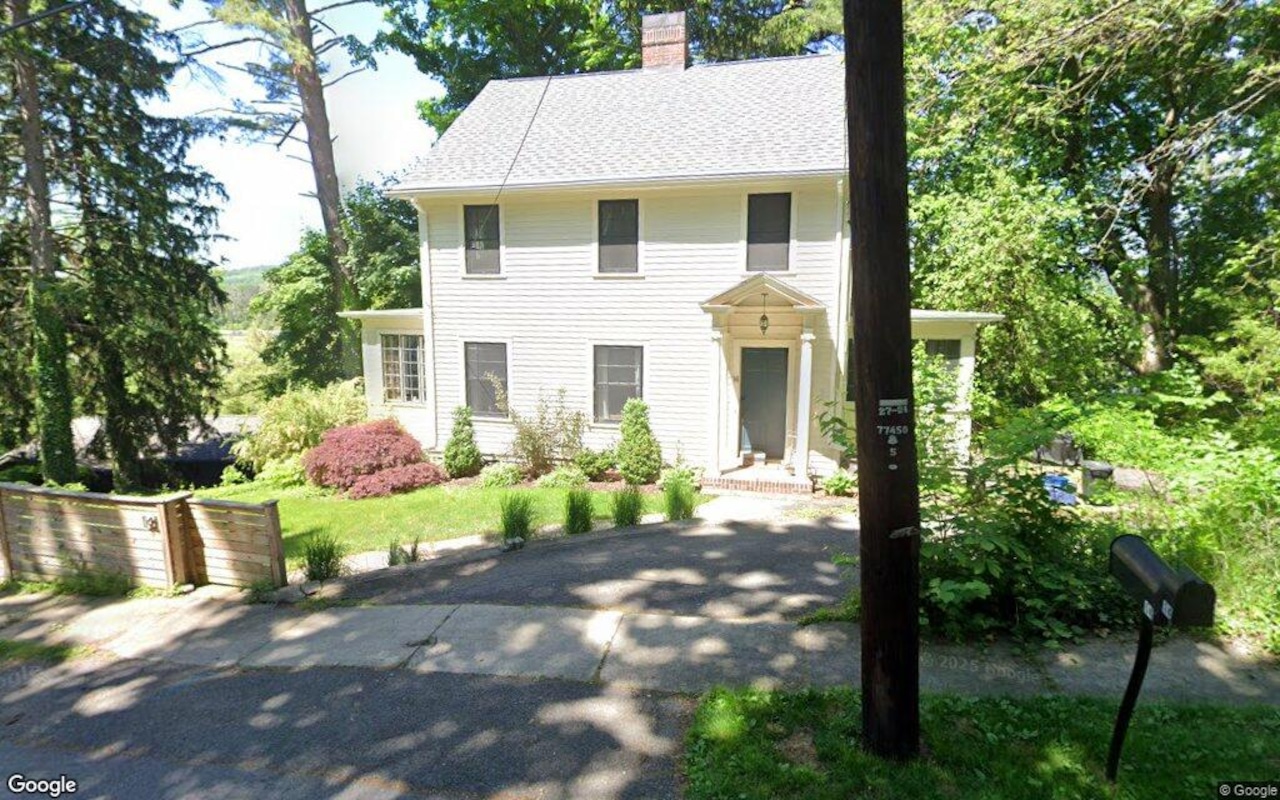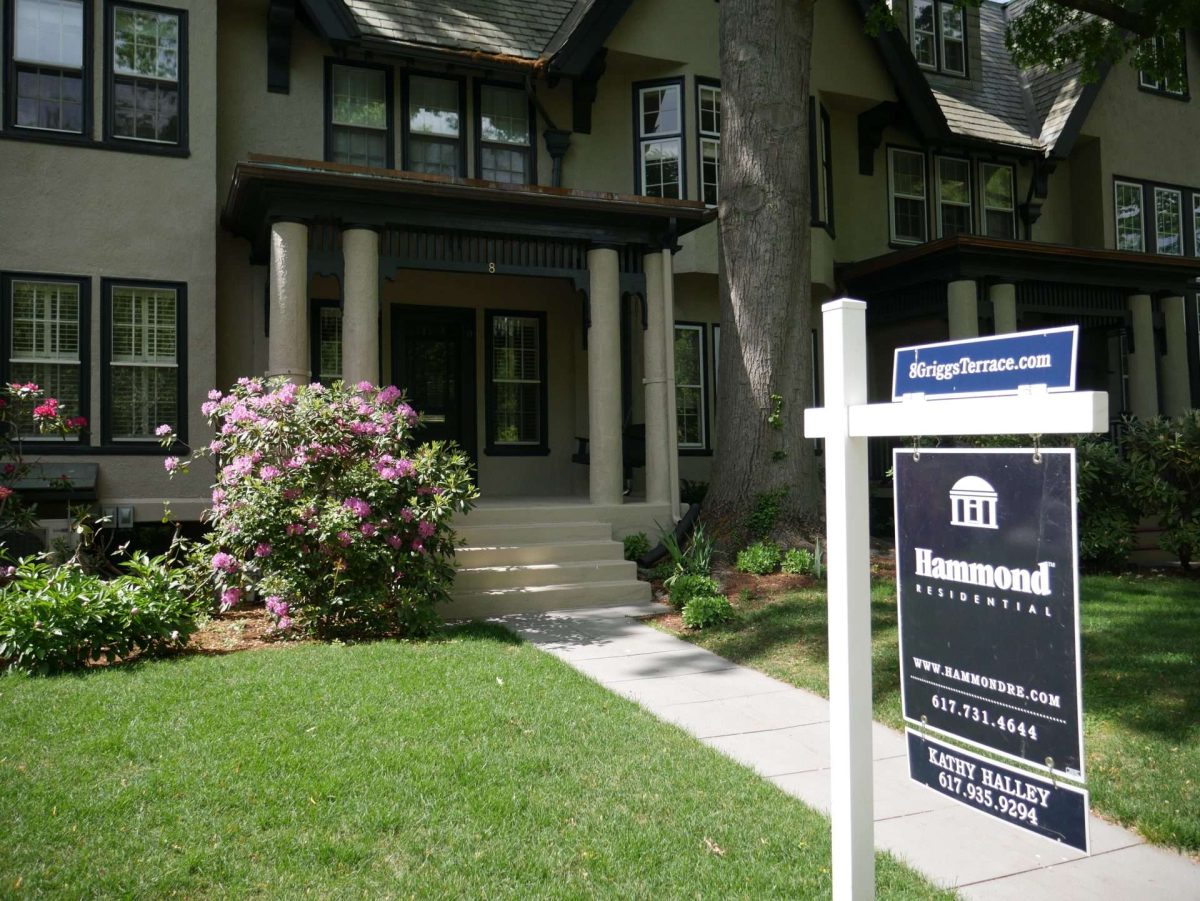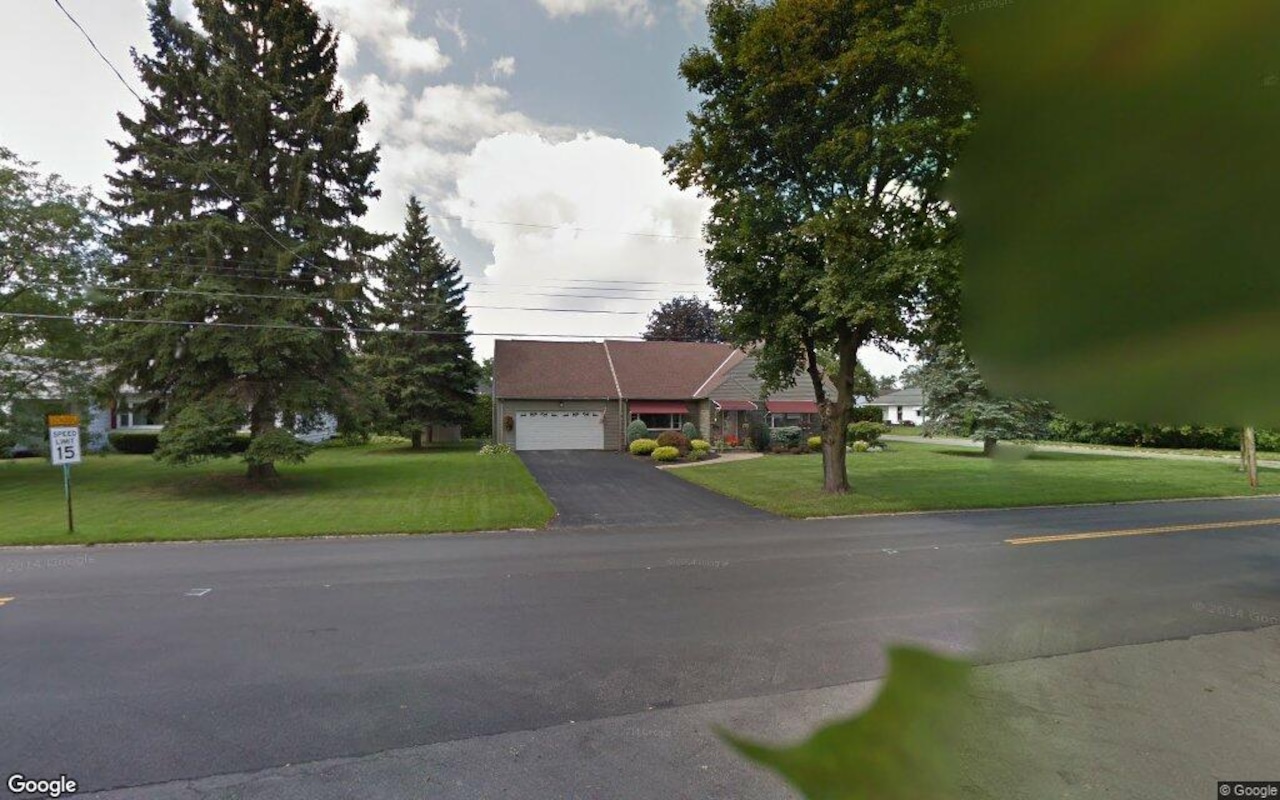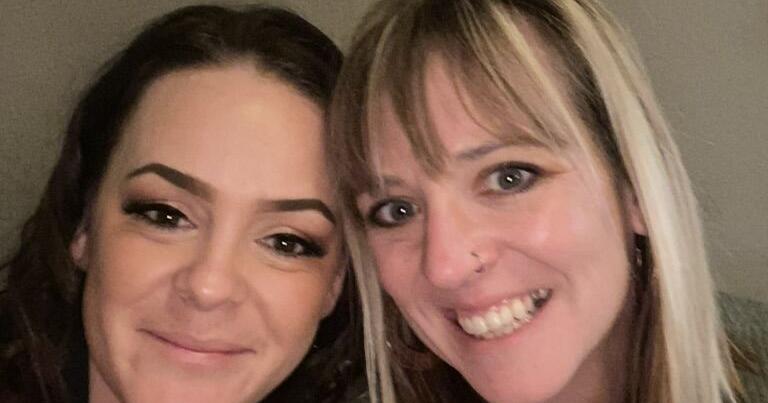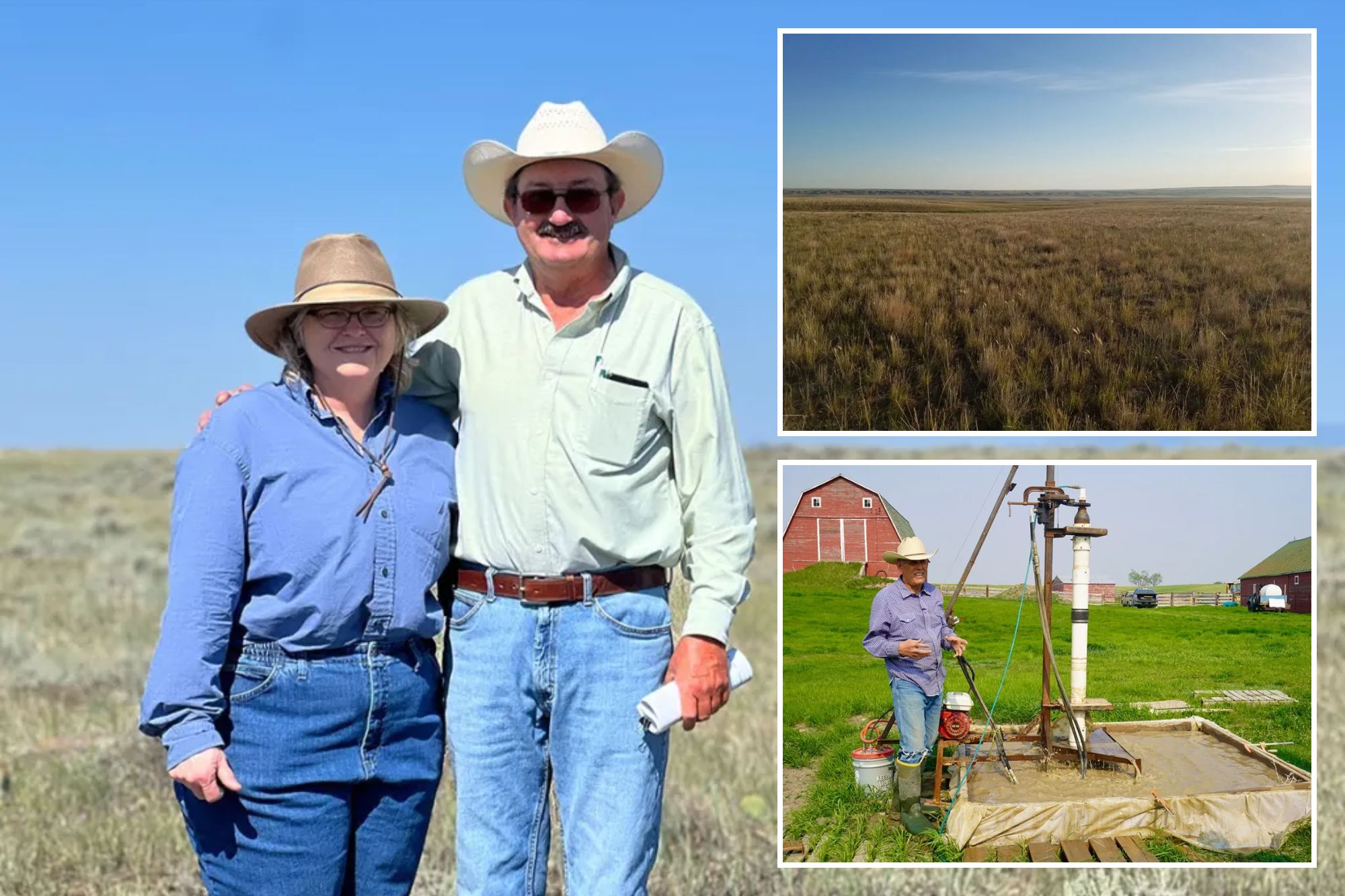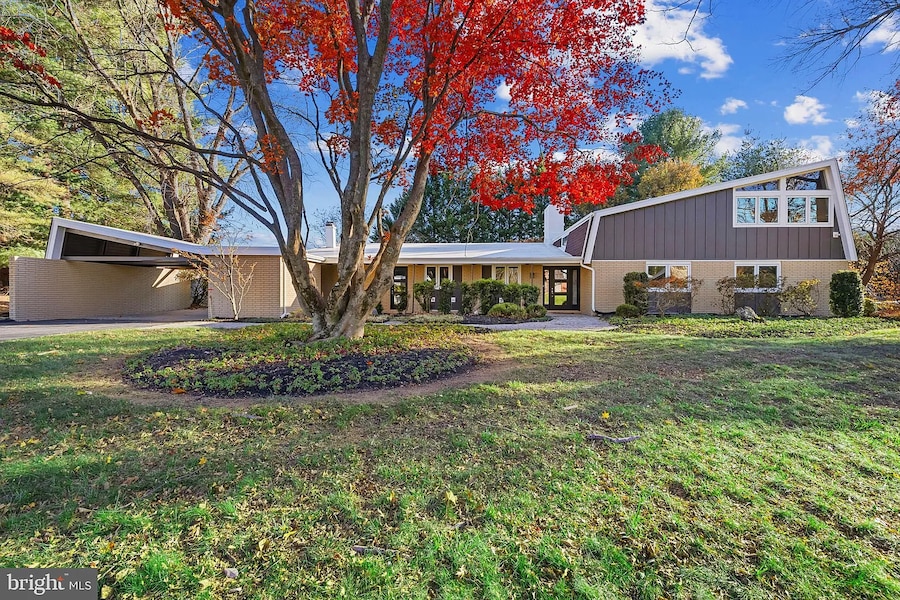A
massive commercial real estate project on Chicago's Southeast Side is stalled as its planners clash with environmental activists over how best to revitalize the area's economy. The Ozinga family-backed group wants to build a 6 million-square-foot underground storage facility called Invert, which would create thousands of jobs and transform a contaminated former steel mill site into a productive hub.
Developers argue that the project won't pollute the air or contribute to respiratory diseases that plague the Southeast Side. However, activists see it as another attempt to burden an already-polluted region. "This idea didn't come from the community," said Gina Ramírez, Midwest regional lead for environmental health at the National Resources Defense Council. "Nobody wants an underground mine in their neighborhood."
The project would be sandwiched between the Calumet River and thousands of East Side homes, where a century of industrial activity left behind toxic soil and poisoned the air. Factories and mills released toxic chemicals, damaging residents' health and lowering life expectancy. A 2019 study by the University of Illinois found that neighborhood residents suffered higher lead toxicity and asthma rates.
Activists are fighting for additional legislation to protect neighborhoods like the East Side, Hegewisch, and South Deering. They point out that the city's Air Quality Ordinance, passed in 2021, requires developers to hold community meetings and conduct air quality studies before building new warehouses or manufacturing facilities.
Invert Chicago's senior vice president, Alberto Rincón, says his project won't be toxic. The underground storage complex will involve excavating thousands of tons of limestone from up to 350 feet below the surface, using micro-charges imperceptible above ground. Most of the material will be removed over more than 10 years by rail or barges on the nearby Calumet River.
However, activists remain skeptical. "What if they run out of money and leave us with a hole in the ground?" Ramírez asked. The project's opponents also point to the city's zoning administrator ruling that Invert would be considered mining, an activity now banned in Chicago.
Rincón envisions the 144-acre site becoming Chicago's version of SubTropolis, an underground business park established decades ago in Kansas City, Missouri. However, activists say they don't want a repeat of their fight with KCBX Terminals, which left petroleum coke piles wafting through neighborhoods and into homes.
The controversy surrounding Invert highlights the sensitivity involved in bringing new industry to an area that has suffered industrial pollution in the past. While some residents support the project, others are deeply skeptical, and activists remain committed to fighting it.
